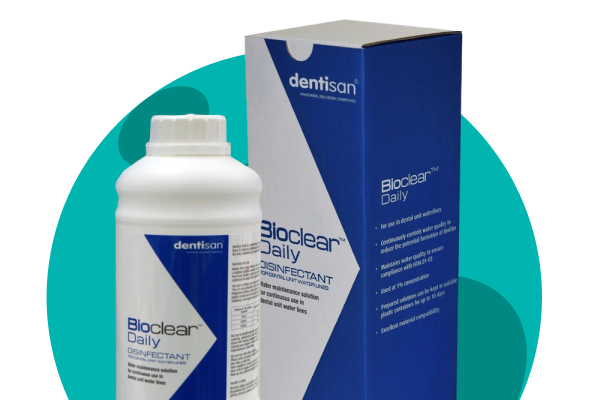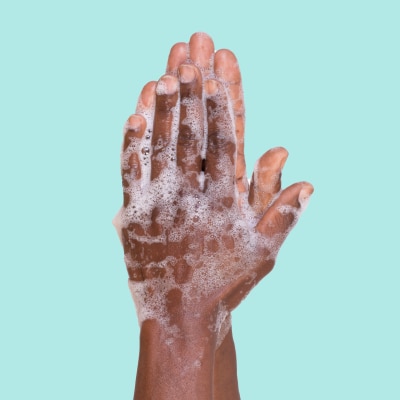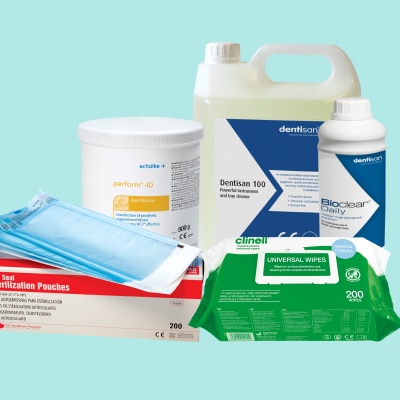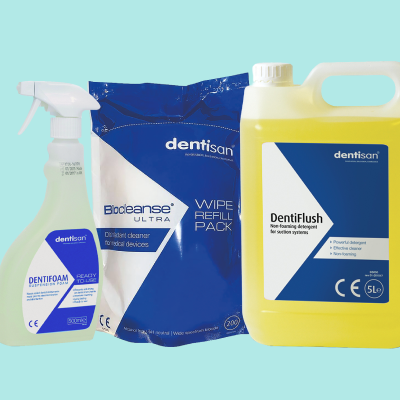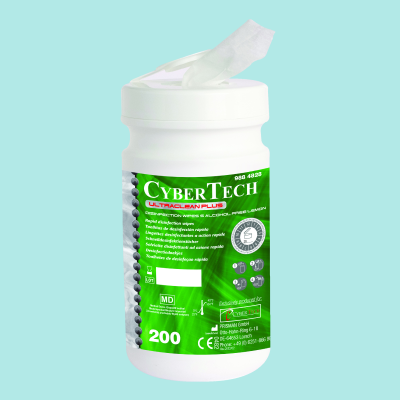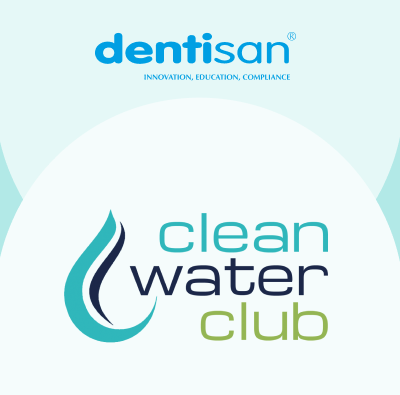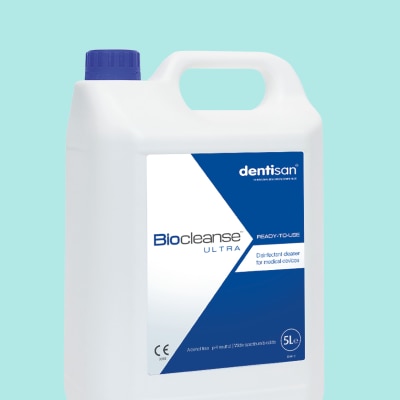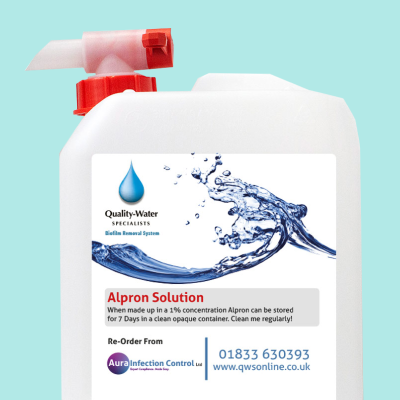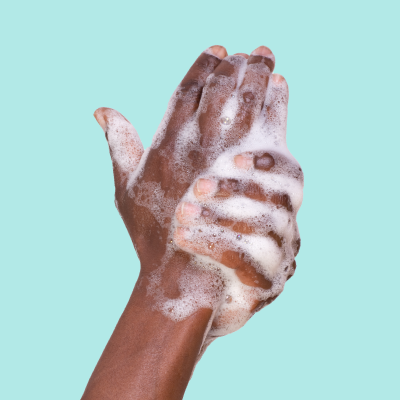The dental chair unit (DCU) is one of the most essential pieces of equipment used routinely in the dental practice. As necessary as DCUs are for providing electricity, suction, air and water, they are also a breeding ground for biofilms inside the dental unit water lines (DUWLs). This represents a potential risk of infection for staff and patients. It is important that the whole dental team know about biofilms and the best methods for removal and prevention.
What is Biofilm?
Biofilms are a group of one or more types of microorganisms that grow on a surface. Microorganisms that form biofilms include bacteria and fungi. This group attaches to a surface with a slime layer which helps to both protect the microorganisms and allow them to grow. One common example of a biofilm is dental plaque.
Biofilm formation in water lines
Biofilms can form within three to six months, studies have shown. The reason DUWLs are so susceptible to biofilms include:
- The plastic tubing provides a respiratory resource for many microbes present in water.
- The tube’s surface area in relation to the volume of water that passes through is at least 11 times more than that in a standard domestic water pipe.
Biofilms need a surface to attach to and the more surface they are given, the more they attach. - The flow rate of the water is low and intermittent, allowing microbes within the water to adhere to the inner surface of the tubing.
- Ambient temperature in the practice.
How Prevalent is Biofilm in DUWLs?
Studies over the decades have demonstrated that DUWL output water is heavily contaminated, including this study from China. Dental water lines can have more than 500 colony-forming units of bacteria per millilitre, according to the American Dental Association. Most microorganisms harboured in biofilm are harmless, however more dangerous pathogens such as legionella and E. coli can also be found.
Patients who are immunocompromised, young children, the elderly, or those with cancer or diabetes are at an increased risk of infection by these opportunistic pathogens. Reports of patients being infected from dental water are rare, but have happened.
What’s the Best Defence Against Biofilm?
To maintain the water quality standard in DUWLs, a combination of preventive measures is required. Routine treatment is essential to reducing the formation of biofilm and keeping bacterial counts in output water as low as possible. Easy-to-use disinfectants such as BioClear Daily are designed for continuous use in DUWLs to inhibit the formation of biofilm.
The product works by keeping the amounts of planktonic bacteria in the waterline system at acceptable levels without interfering with everyday practice routine. Biological dip slides provide a straightforward way of identifying microbial contamination of water systems and many practices use them on a quarterly basis as a proactive method of keeping on top of dental unit water line compliance.
It is now easier for dental practices to stay on top of the quality of their water lines thanks to the Clean Water Club from Dentisan.
What is the Dentisan Clean Water Club?
The Dentisan Clean Water Club is a free online portal for managing, monitoring, and maintaining every DUWL in the practice. After registering each surgery in the practice, recurring subscriptions to waterline biocides and dip slides are set. After this, dip slide images can be uploaded, which are assessed and reported on by Dentisan’s in-house technicians. This process enables constant and rigorous maintenance of waterlines, with individual certificates being issued for each surgery, if requirements are met.
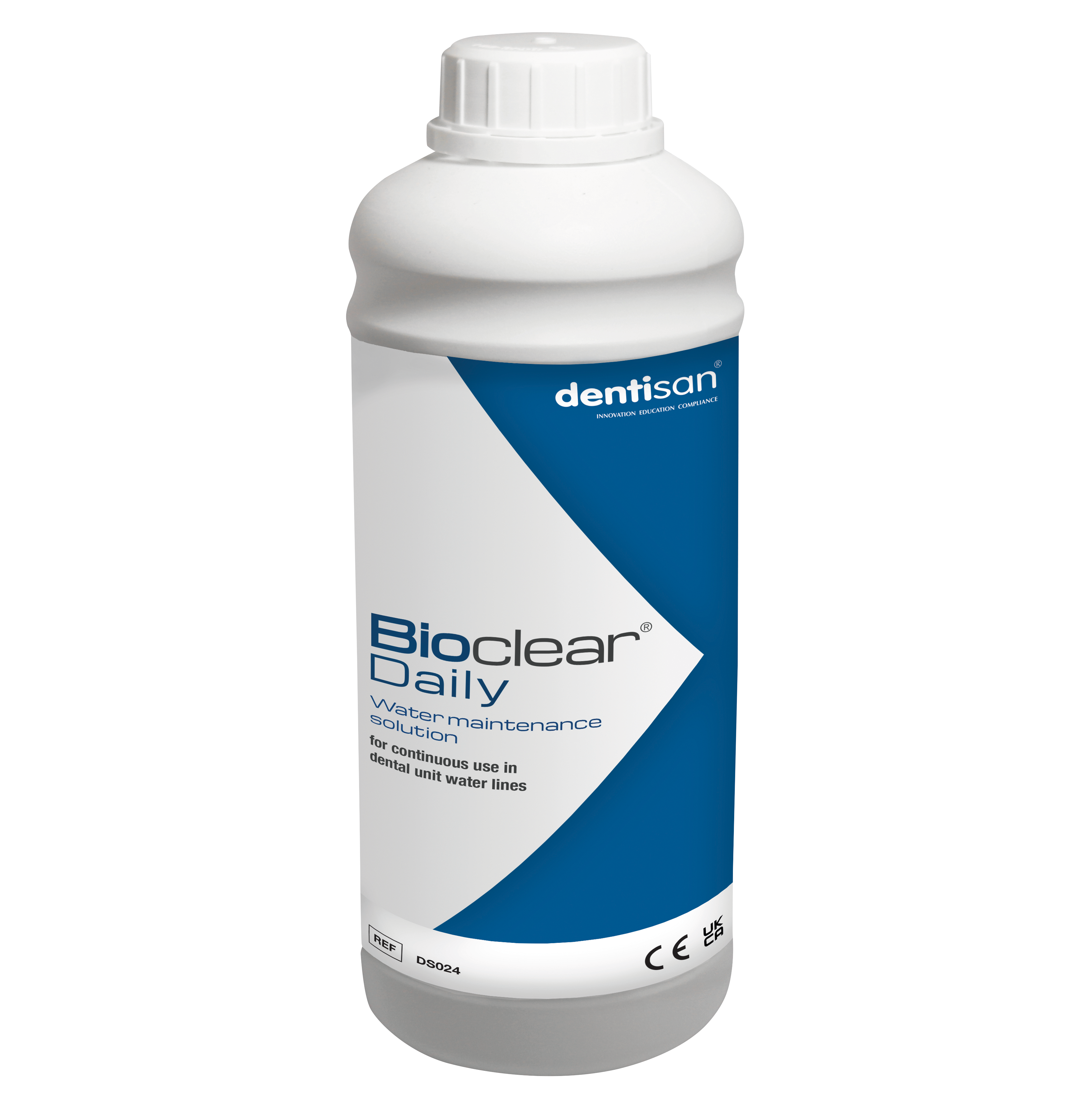
BioClear Daily Disinfectant Water Lines 1L
Signing up to the Clean Water Club can also provide up to 30% off Dentisan cleaning products.
